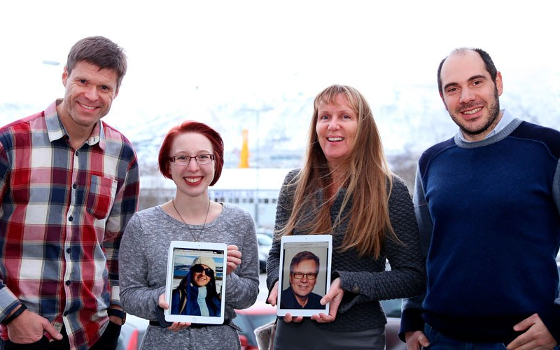Mobile apps and online resources are revolutionizing health care. Norwegian researchers will now make guidelines for evaluating the mobile apps and online resources diabetes patients use.
"It is great that the diabetes population connect and use digital tools to manage their chronic disease. However, we also need research on which tools and services are secure and effective. So we want to study which evaluation instruments that are in use nationally and internationally, to find out which are the most effective to evaluate the increasing amount of such tools," says project manager Eirik Årsand, professor at the Norwegian Centre for E-health Research.
Create guidelines
The full name of the project is Design and validation of instruments to assess efficacy, effectiveness and safety of apps and online resources aimed at Norwegians with diabetes. (Diabetes Digital Guidelines for short). The main objective is to develop and validate easy to apply criteria and guidelines to assess efficacy, effectiveness and safety of apps and online resources targeting the Norwegian diabetes population and their caregivers.The research team will primarily aim to make guidelines for Norway, but will also analyze international literature to suggest the best possible approach to evaluate the tools.
The project will last for three years, has seven members, and is funded by the Northern Norway Regional Health Authority.
Collaborating partners are:
- Norwegian Centre for E-health Research
- UiT The Arctic University of Norway
- University Hospital of North Norway
- Finnmark Hospital Trust
"Hopefully, we can make things easier for the many actors involved: patients, their families, health workers and authorities. We want to create easy to use guidelines so we can take advantage of new technology to improve peoples' quality of life," says Eirik Årsand.
For further information, please visit:
http://www.ehealthresearch.no
